Search
Research
Global change, climate change, and asthma in children: Direct and indirect effects - A WAO Pediatric Asthma Committee ReportThe twenty-first century has seen a fundamental shift in disease epidemiology with anthropogenic environmental change emerging as the likely dominant factor affecting the distribution and severity of current and future human disease. This is especially true of allergic diseases and asthma with their intimate relationship with the natural environment.
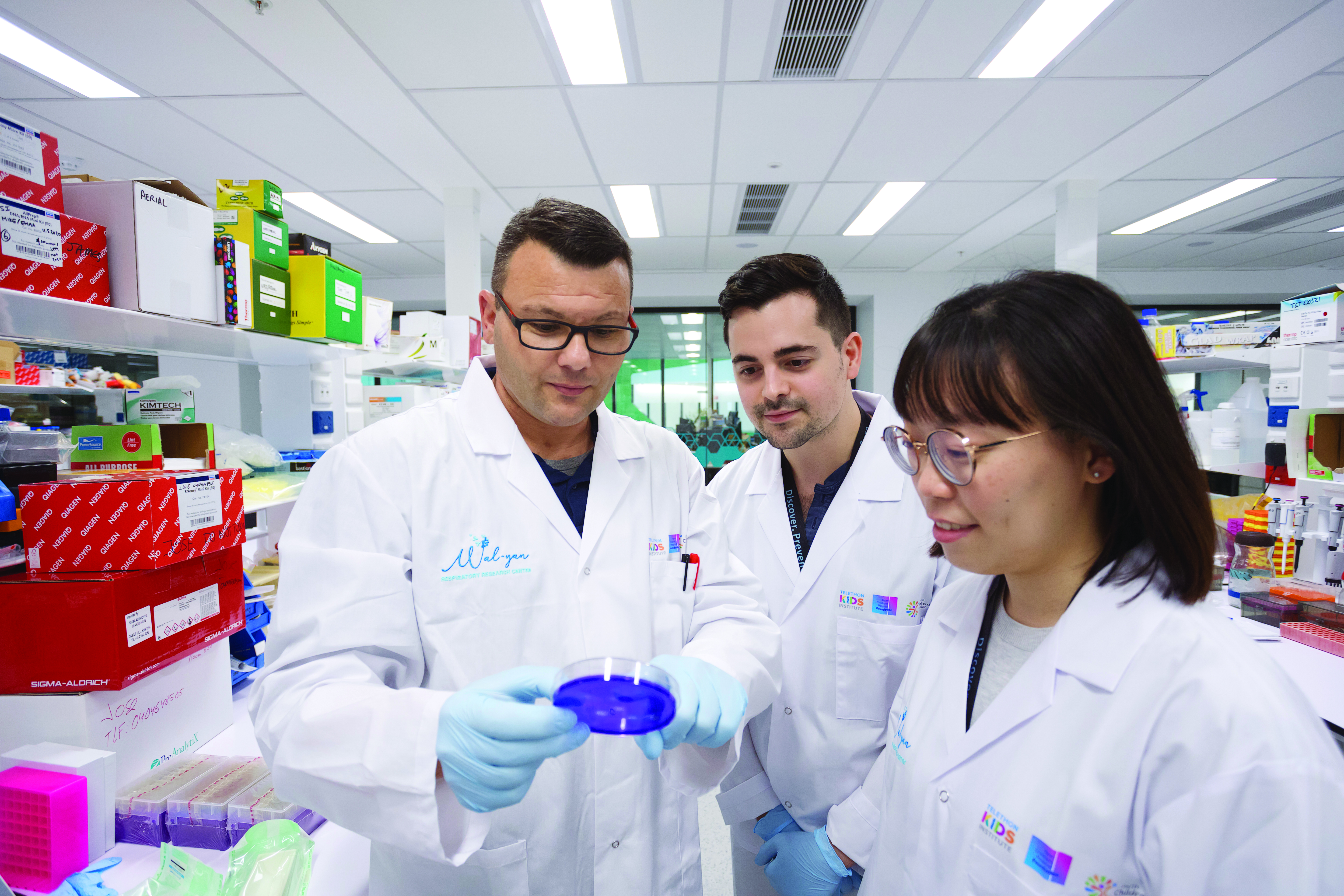
Cutting-edge work is offering new hope to children with Cystic Fibrosis.
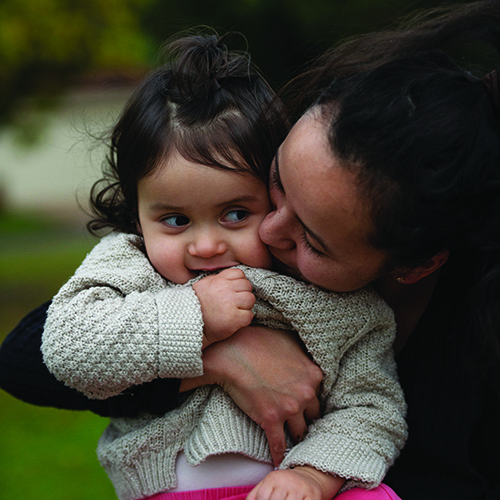
Patricia Ilchuk can still recall the day in August 2020 when her daughter Manna – then five weeks old – had her first seizure.
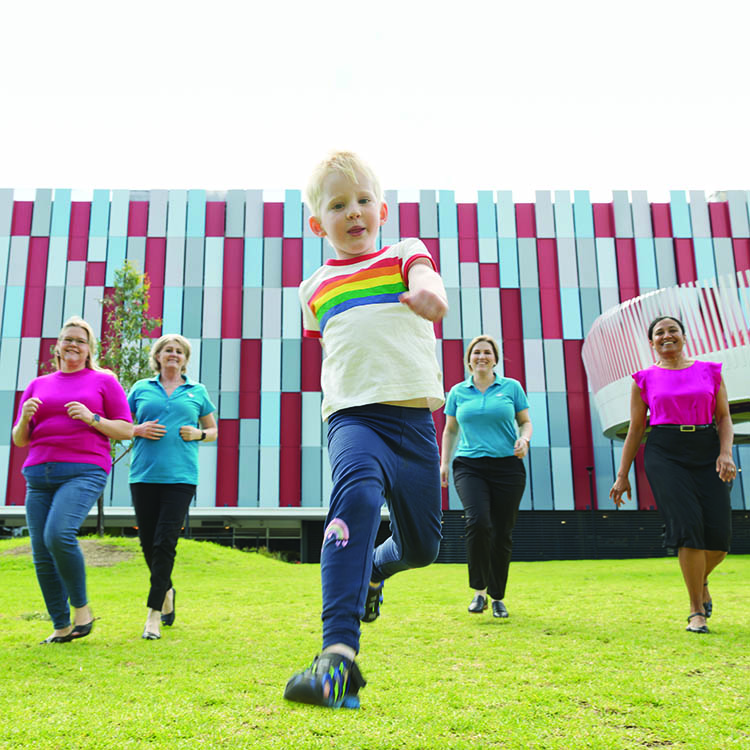
A world-first study led by Dr Aveni Haynes at The Kids’ Rio Tinto Children’s Diabetes Centre, is helping to detect early changes in blood sugar levels.
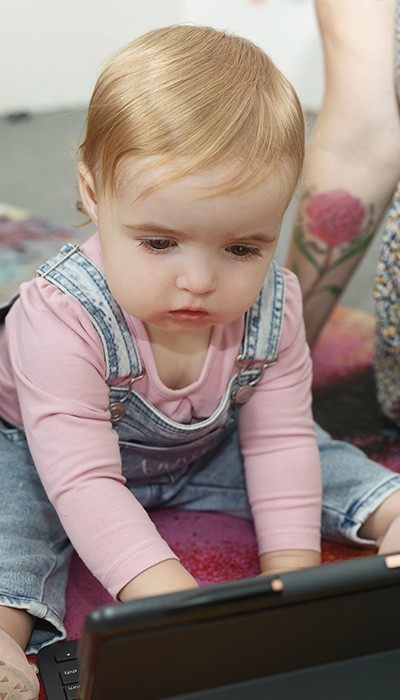
A The Kids Research Institute Australia study has found the average six-month-old Australian baby has more than one hour of screen time each day.
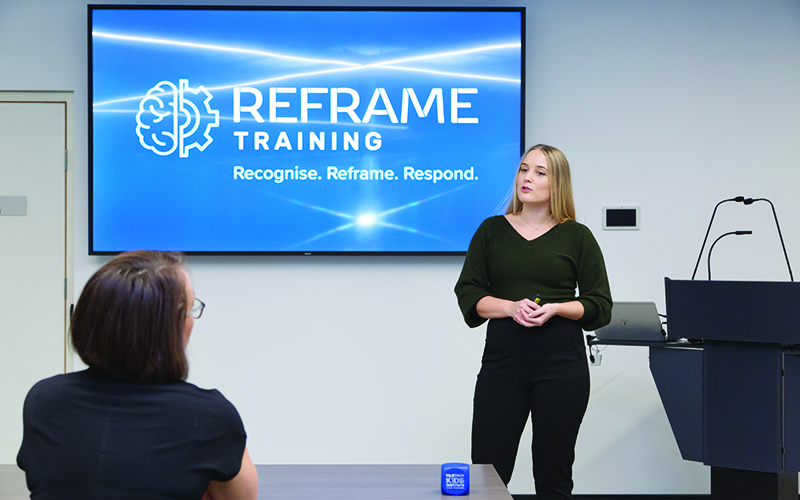
Findings from the Banksia Hill Project revealed 89% of young people in detention who were assessed as part of the project had at least one form of severe neurodevelopmental impairment.
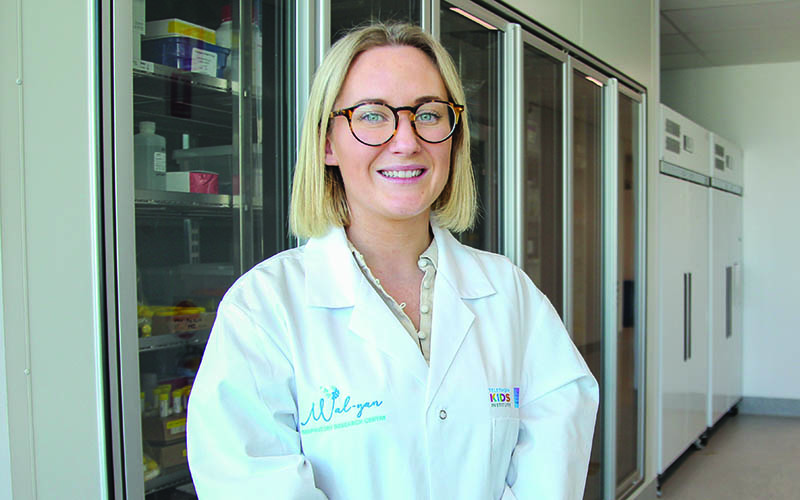
Researchers have made a world-first discovery on how to prevent severe respiratory infections in babies.

When Perth mum Lacy Swan’s daughter Charlotte failed the newborn hearing test at 3 days of age, the medical team explained it could simply be due to fluid on the ears.
Research
‘People don't trust those pieces of paper that are provided’: A qualitative study of cultural planning and outsourced out-of-home care services in Western AustraliaAboriginal and Torres Strait Islander children continue to be removed at high rates from their families by child protection services, placing them at elevated risk of adverse long-term life outcomes. Cultural connection in out-of-home care is essential for mitigating the impacts of trauma from removal, emphasizing the importance of ensuring that cultural planning is rigorously undertaken. This article explores the provision of cultural plans in an era where out-of-home care services are outsourced by government, but where government holds onto the responsibility for developing cultural plans for children in care.
Research
Atopy-related immune profiles are subject to genetic influence as evaluated using school-aged twin pairsThe interaction of genetic and environmental contributions to immunological traits and their association with atopic disease remain unclear. Flow cytometry and in vitro cytokine responses were used to characterize immune profiles from 93 school-aged twin pairs. Using an established twin pair analytical strategy, the genetic and environmental influences on immunological traits were evaluated, along with their association with atopy. Our findings suggest strong genetic influence on several traits, particularly B cell abundance. In contrast, cytokine responses from in vitro stimulations appeared mainly shaped by environmental exposures.
